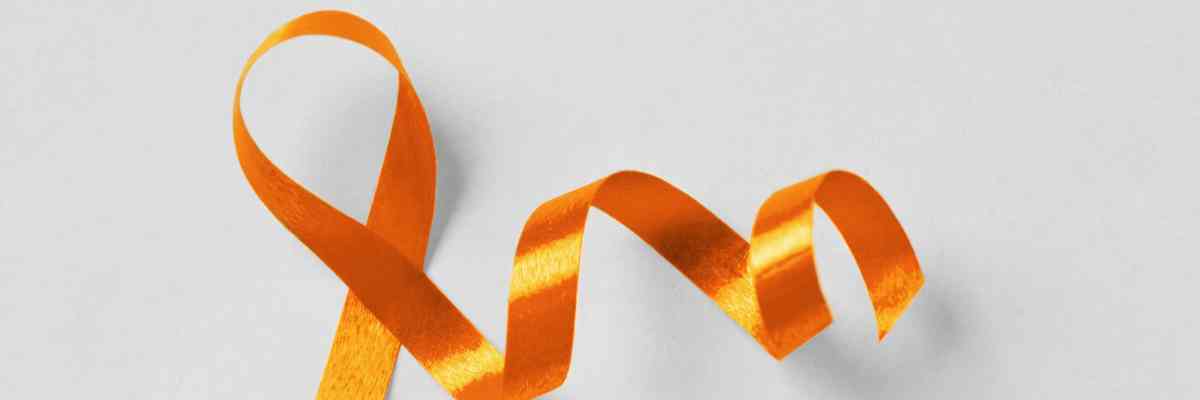Multiple Sclerosis – How We Can Help

1-2 Australians are diagnosed with Multiple Sclerosis every day. It is the leading chronic neurological disease affecting young adults. Diagnosis is between the ages of 20-40 years old and affects three times more women than men.
What is MS?
Multiple Sclerosis is the body’s own immune system mistakenly attacking and damaging the fatty materials around the nerves, known as myelin. Myelin protects and insulates the nerves containing axons, whose job is to send electrical messages from the brain to the body.
When the myelin is damaged, it is stripped away from these axons, known as demyelination, causing a blocked pathway so the message from the brain struggles to get through to the body.
No two people will experience the same symptoms, and some can be a one-off occurrence, come and go, or change in severity. Depending on which area of the brain is affected, such as the optic nerve or spinal cord, can depend on what symptoms are present.
There are 3 types of MS
- Relapse and remitting (RRMS): exacerbations of attacks followed by the partial or complete disappearance of symptoms
- Primary progressive (PPMS): a gradual progression of the disease comprising a decline in functional and cognitive abilities with only short periods of minor relief
- Secondary progressive (SPMS): developed within 10 years of diagnosis and characterised by a steady progression with or without relapse, minor remissions, and plateaus.
Exercise and Multiple Sclerosis
Aerobic, strength, and balance exercise is completely safe! And a lack of exercise will cause increases in symptoms. Scientific evidence shows that exercise is associated with meaningful outcomes, ranging from the cellular level to the effects on quality of life.
Research shows that exercising with Multiple Sclerosis improves brain health, better thinking, and memory, increased mobility and cardiovascular health and overall reduces the severity of symptoms. Plus, those who exercise have less fatigue, depression, anxiety, and pain, better sleep quality, and quality of life.
How can our team help?
It is important to exercise in a safe environment and Total Rehab Solutions offers in-home exercise physiology services, caring for all patients with physical and intellectual disabilities or those suffering from a chronic disease.
Our Exercise Physiologist support you to maintain, regain or improve your functional capacity to maximise your quality of life and enable you to reach your goals.
Our Exercise Physiologists work with you to build an exercise program developed specifically to improve your physical capacity.
Looking to find out more? Click here to see how our mobile Exercise Physiologists can help you.
